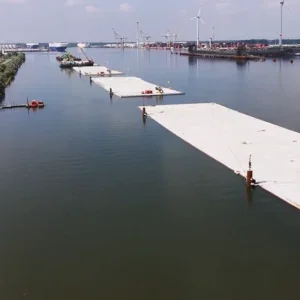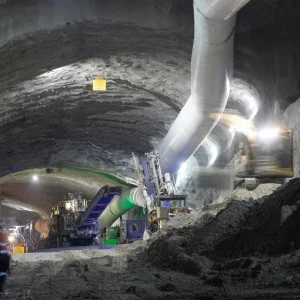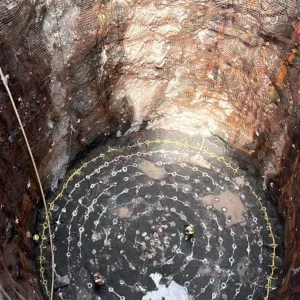The government refused to sign the concession agreement after the company couldn’t demonstrate a strong payback plan and guarantee that the money people invest would be returned, according to the sources.
"The company has just made a very rough plan and did not convince us," said an official at the Ministry of Physical Planning, Works and Transport Management (MoPPW). "The company also failed to show strong funding sources for development of the project."
The Nepal Infrastructure Development Company (NIDC) that conducted the detailed project report (DPR) of the tunnel highway has been pushing the government to sign the concession agreement. "But, as a government official, I can’t even think of letting them go collect people’s money when they don’t have any payback plan," said a high ranking official at the ministry.
"We have submitted our financial plans to the government," said Lal Krishna KC, vice-president of NIDC. "We have not heard anything from the government about the payback plan and insurance so far." KC further added that the company was always ready to address the concerns of the government about people’s money.
The project that the government handed over to NIDC under build-own-operate-transfer (BOOT) act- 2006 would link Kathmandu with Hetauda. "The company could not assured us as to how it would generate funds for the project," said Secretary at MoPPW Tulsi Prasad Sitaula.
The company has claimed that it would complete the project within four years and has estimated the cost of the project at Rs 22 billion. "We are waiting for the company to come up with a strong financial plan," Sitaula added.
The company has claimed that it would generate funds for the project from different sources such as public investment, consortium of different business groups, investment from non-resident Nepali (NRNs) and by issuing shares to the workers and contractors in return for their labour. "We are also serious about the security of people’s money," said KC.
The ministry entrusted with overseeing development of the project has been working on identifying possible risks while developing the project.
"It might take a few more months to sign the concession agreement with NIDC even if it works seriously toward addressing our concerns," said an official on condition of anonymity.







